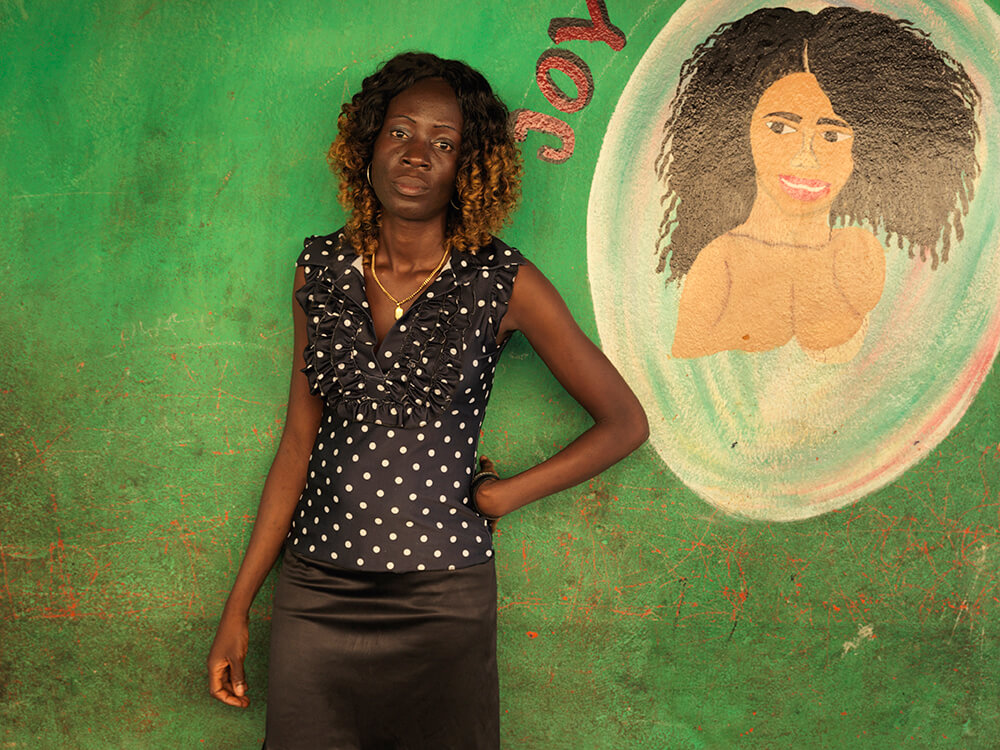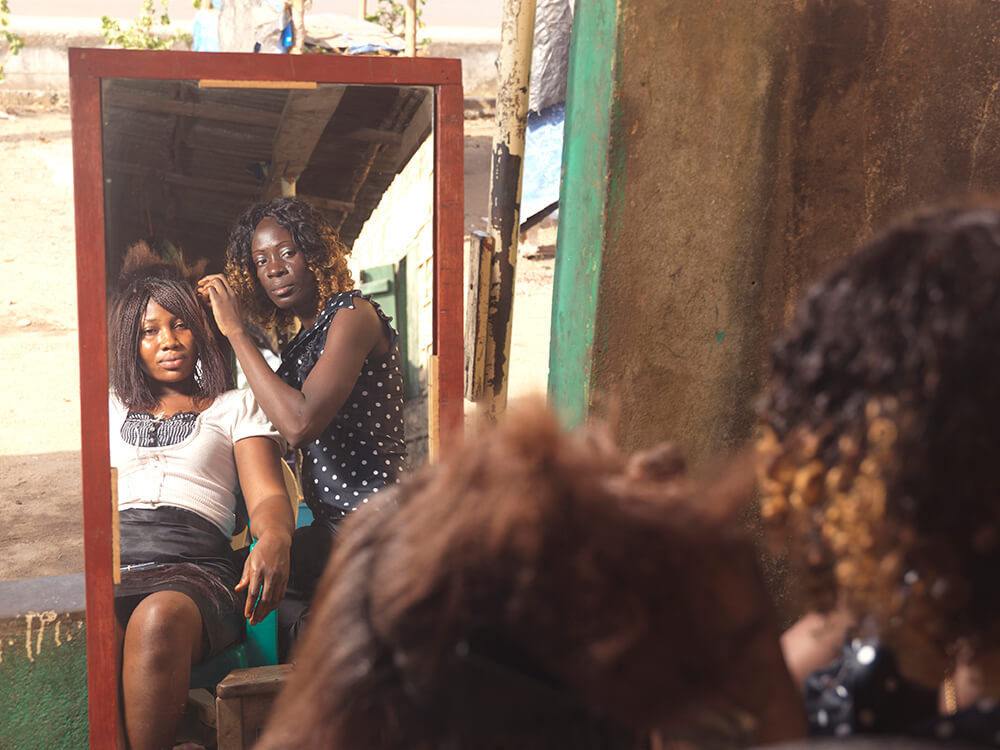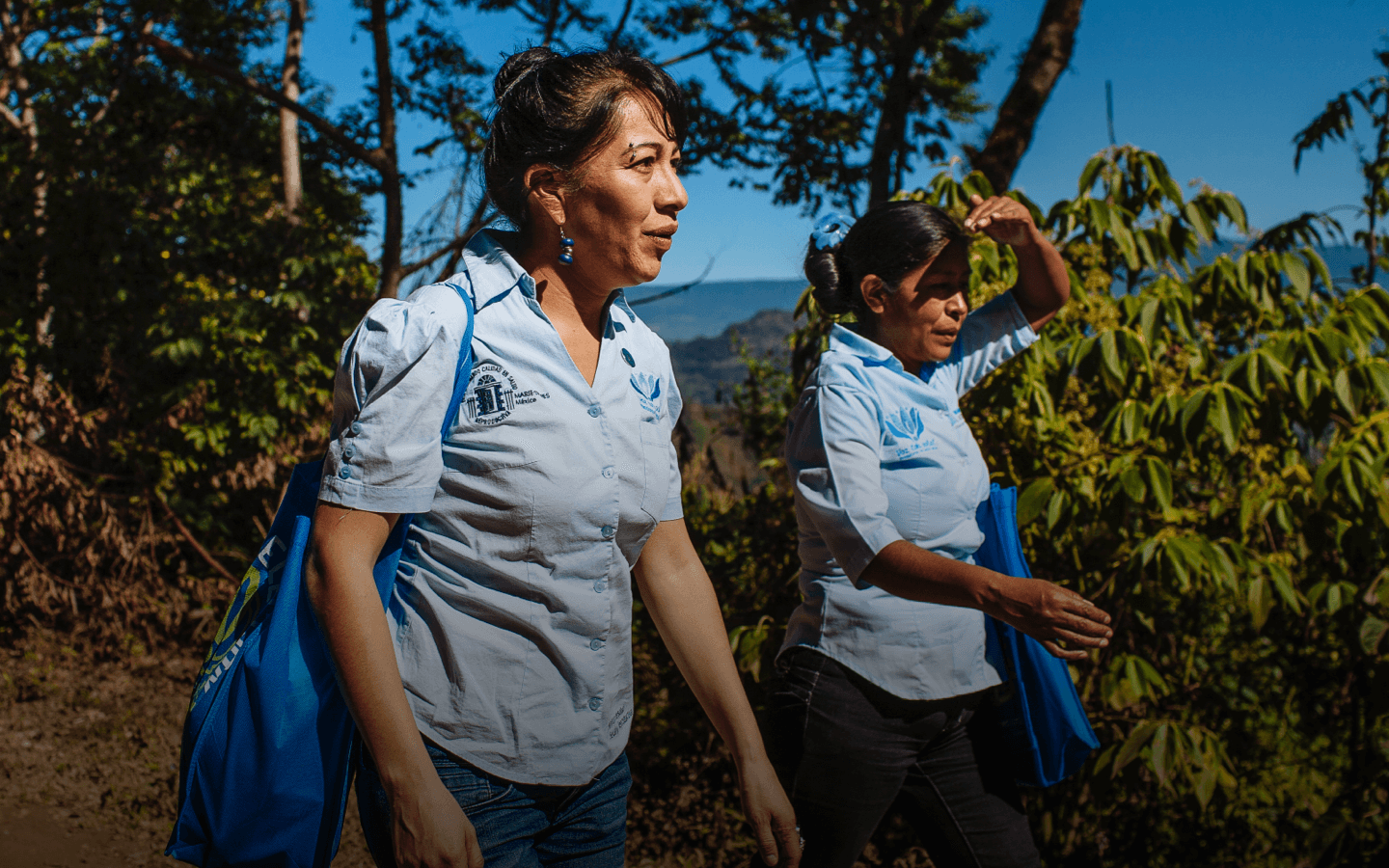An unsafe abortion threatened her life. Then, she found an MSI doctor.
Christiana Kposowa was getting ready to apply to university when she realized she was pregnant.
The timing could hardly have been worst. Her children were still babies and falling pregnant a third time was the last thing she needed.
“This was the time when pregnant women were not allowed into universities and colleges. With so much ambition to pursue my career, I was not ready to give up on my studies for anything. I realized that abortion was the only way out for my situation.”

Abortion is heavily restricted in Sierra Leone. So Christiana turned to one of her neighborhood’s “pepe doctors,” men with no medical training who offer unsafe abortions for a low price. The man told her he would end her pregnancy if she paid 80,000 Leones, the equivalent of about $16.
“The man who carried out the abortion was well known among young girls for his work on abortions. When I arrived at his house, I was taken into a room where he performed the procedure using metal instruments I can’t describe. The room was ok, but there was no conversation before or after the abortion of what would happen.”
When she arrived home, Christiana realized something was wrong. She was bleeding heavily and was experiencing crippling pains in her lower abdomen. Because abortion is so stigmatized in Sierra Leone, Christiana didn’t want her family to know what had happened. But eventually, she knew she needed help.
“It reached a point when I could no longer bear the pains. That was when I thought I was going to die.”
Christiana wasn’t alone: Unsafe abortion is a major contributor to maternal deaths in Sierra Leone, a country that has some of the highest rates of pregnancy-related deaths in the world. Fortunately, Christiana knew where to turn for help.

She had heard advertisements on the radio from MSI in Sierra Leone, one of the country’s largest providers of sexual and reproductive health services, about treatment for complications after unsafe abortion. Despite intense pain and bleeding, she took the family’s motor bike and drove herself to the center.
An MSI Sierra Leone doctor discovered that Christina had a perforated uterus that – left untreated –would have killed her. Following the treatment, an MSI nurse talked to Christiana about the different types of contraception available, so that she could choose the best method for her circumstances and greatly reduce the chance she would risk another unsafe abortion in the future. After considering her options, Christiana chose a contraceptive injection that would protect her from further unplanned pregnancy for up to 14 weeks at a time.
The need for reproductive healthcare is urgent: Only 27% of married women in Sierra Leone are using a modern method of contraception. Deaths from unsafe abortion account for an estimated 10% of pregnancy-related deaths in public hospitals.
In 2019, MSI services prevented 204,000 unintended pregnancies and 102,000 unsafe abortions in Sierra Leone, helping women like Christiana pursue their dreams for the future. With donor support we can do so much more.
Christiana recovered from her ordeal and completed her education. Today, she balances her work as a primary school teacher and hairdresser with caring for her two children. With help from MSI, she not only survived an unsafe abortion but was set on the path to a brighter future that she controls.






